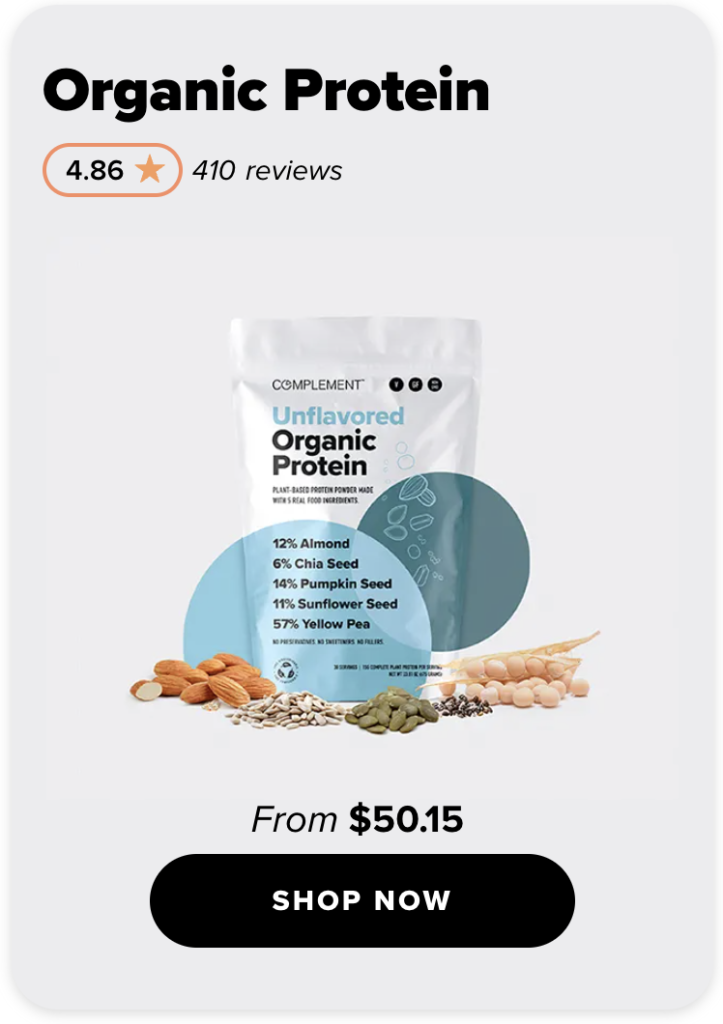One of the major health benefits associated with a vegan diet is an improved gut. In this article, we will discuss the vegan diet and gut health and explore the ways in which veganism can improve digestion and boost immunity.
The gut microbiome and its role in health
The gut microbiome is the collection of microorganisms that live in the digestive tract. These microorganisms play a crucial role in maintaining overall health and well-being. They aid in digestion, synthesize nutrients, and protect against pathogens. An imbalance in the gut microbiome, known as dysbiosis, has been linked to a wide range of health problems, including inflammatory bowel disease, obesity, and even mental health disorders such as anxiety and depression.
The link between veganism and gut health
Studies have shown that a vegan diet is associated with a greater diversity of gut bacteria, which is linked to better overall health. One study published in the Journal of Nutritional Science found that vegans had a higher abundance of the bacterial genus Akkermansia, which is associated with a lower body weight and improved metabolic health. Additionally, a vegan diet has been shown to decrease the abundance of harmful bacteria, such as E. coli and Salmonella, which can cause infections.
The role of fiber in gut health
Fiber is a key component of a healthy vegan diet. Plant-based foods are rich in both soluble and insoluble fiber, both of which are important for maintaining a healthy gut. Soluble fiber, found in foods such as oats and flaxseeds, helps to slow digestion and regulate blood sugar levels. Insoluble fiber, found in foods such as nuts and vegetables, helps to promote regular bowel movements and prevent constipation.
A diet high in fiber has been shown to promote the growth of beneficial gut bacteria, such as Bifidobacterium and Lactobacillus. These bacteria ferment the fiber in the gut, producing short-chain fatty acids (SCFAs) such as butyrate, which have anti-inflammatory properties and have been linked to a reduced risk of colon cancer.
Boosting immunity with a vegan diet
A healthy gut microbiome is essential for a strong immune system. Studies have shown that a vegan diet can improve immunity by increasing the production of immune cells such as T cells and natural killer cells. Additionally, a vegan diet has been shown to decrease inflammation, which is a key factor in many chronic diseases.
One study published in the British Journal of Nutrition found that vegans had a higher blood concentration of antioxidants, such as vitamin C and beta-carotene, which can protect against disease by neutralizing harmful free radicals. Additionally, a vegan diet is rich in anti-inflammatory compounds, such as flavonoids and phytosterols, which can help to reduce inflammation throughout the body.
Conclusion
The vegan diet has been shown to improve gut health by promoting the growth of beneficial bacteria, increasing fiber intake, and decreasing the abundance of harmful bacteria. It also improve immunity by increasing the production of immune cells and decreasing inflammation. If you are considering a vegan diet, it is important to consult with a healthcare professional to ensure that you are getting all the necessary nutrients. It is also important to note that a healthy vegan diet should be rich in whole foods and low in processed foods and added sugars.
References
- Kruse, J. P., et al. “Veganism and its relationship with gut microbiota and functions: a narrative review.” Journal of Nutritional Science, vol. 7, 2018, doi: 10.1017/jns.2018.8.
- Lopez-Legarrea, P., et al. “Intake of added sugars and sugar-sweetened beverage and the prevalence of the metabolic syndrome in the adult population.” Nutrition, Metabolism and Cardiovascular Diseases, vol. 25, no. 1, 2015, pp. 1-9.
- Kelishadi, R., et al. “Association of dietary patterns with metabolic syndrome in Iranian adolescents.” International Journal of Food Sciences and Nutrition, vol. 63, no. 7, 2012, pp. 807-813.
- Kjeldsen-Kragh, J., et al. “Changes in blood cell counts during a one-year trial of fasting and one-year vegetarian diet.” Scandinavian Journal of Rheumatology, vol. 30, no. 4, 2001, pp. 208-214.
- Dinu, M., et al. “Vegetarian, vegan diets and multiple health outcomes: A systematic review with meta-analysis of observational studies.” Critical Reviews in Food Science and Nutrition, vol. 57, no. 17, 2017, pp. 3640-3649.
- Fuhrman, J., et al. “A food rating system and its association with cardiovascular disease risk factors.” American Journal of Clinical Nutrition, vol. 81, no. 2, 2005, pp. 427-434.
- Lanham-New, S. A., et al. “Vitamin K status and bone health.” Proceedings of the Nutrition Society, vol. 74, no. 2, 2015, pp. 121-127.
- Davey, G. K., et al. “EPIC-Oxford: lifestyle characteristics and nutrient intakes in a cohort of 33 883 meat-eaters and 31 546 non meat-eaters in the UK.” Public Health Nutrition, vol. 6, no. 3, 2003, pp. 259-269.
- Some research for this article compiled with the assistance of ChatGPT/OpenAI
- Learn more about VeganWire here.







